Are Beggars Not Citizens? Why Delhi HC’s Decriminalisation of Begging is Long Overdue
"A society that sees legislating inequality and homelessness into invisibility has unquestionably lost its way."
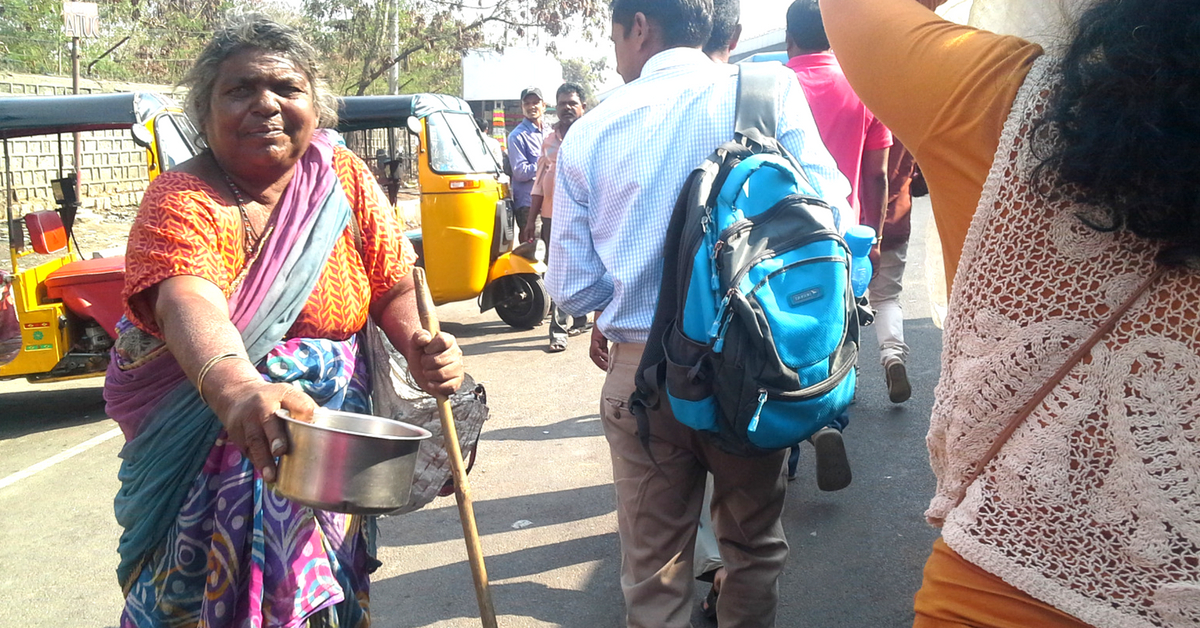
In a significant judgement yesterday, the Delhi High Court struck down several provisions of the Bombay Prevention of Begging Act as unconstitutional, thus paving the way for the decriminalisation of begging.
While the Parliament has passed no law against begging, several states, including Delhi, have adopted Bombay Prevention of Begging Act, 1959, or passed legislation along its lines, reports Live Law.
Prosecutions under the Act, thereby (with possibly the sole exception of Section 11), against people found to be begging could be struck down by the courts.
However, the Delhi government can table an alternative bill to “curb any racket of forced begging, after undertaking an empirical examination on the sociological and economic aspects of the matter,” the court said.
Those found guilty of begging are sentenced to a minimum of one year and a maximum of three years in an institution accredited as a beggar’s home, which is meant to rehabilitate them and make them employable but does little in this regard. However, one must note that it’s not just the beggar who undergoes detention, but also his/her dependents unless that individual is a child.
In essence, the act does little to rehabilitate them but remains punitive in nature.
Under Section 11 of this act, a person who “connives at or encourages the employment or the causing a child to solicit or receive alms or whoever uses another person as an exhibit” can be sent to prison for a minimum of one year and a maximum of three years.
Made applicable in Delhi in 1960, the Act was first challenged by social activists Harsh Mander and Karnika Sawhney, who questioned the validity and constitutionality of all sections except Section 11 of the Act.
For starters, they have argued that the definition of “begging” in this law is vague and in violation of Article 14, which guarantees equality before the law.
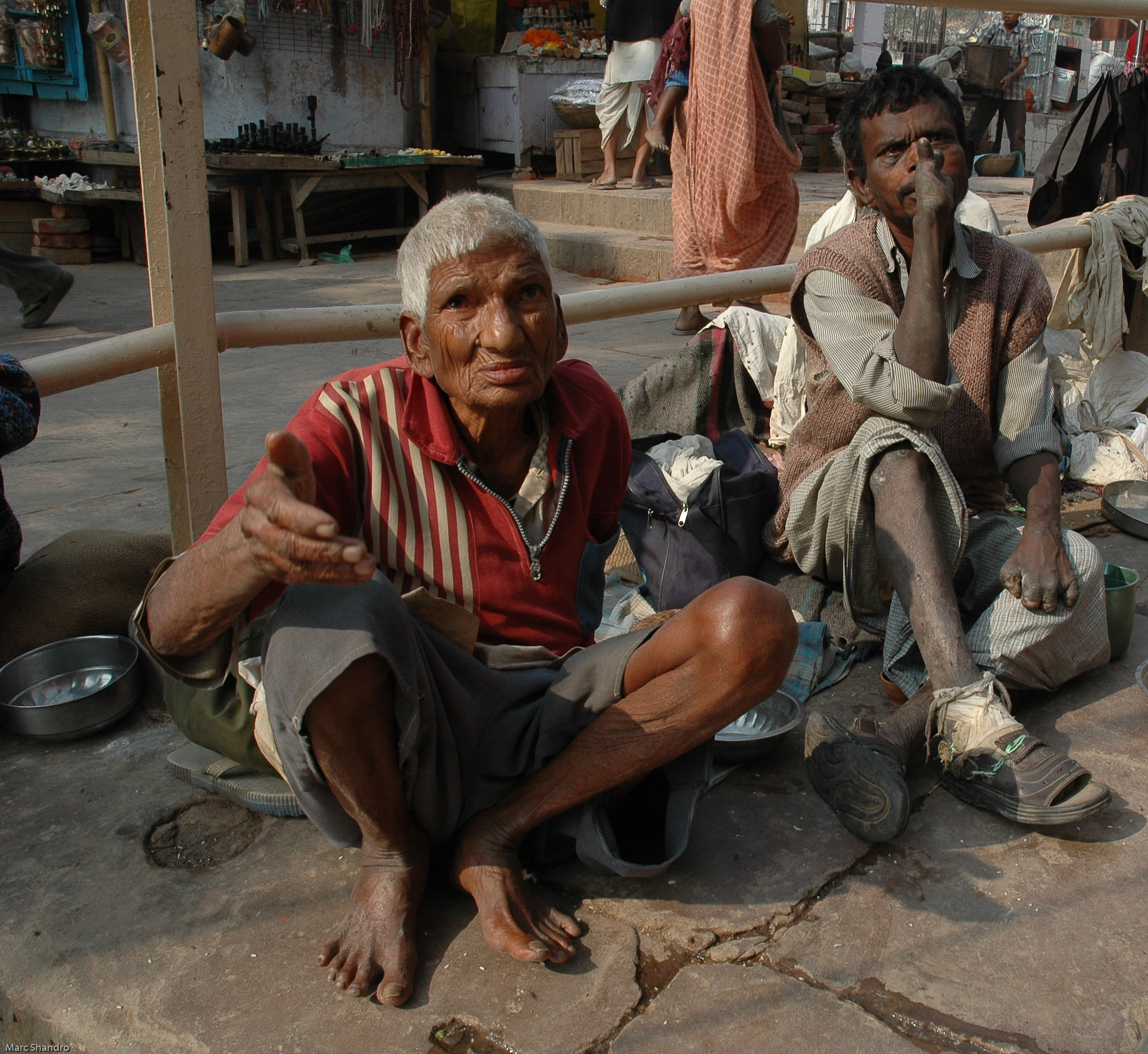
“While the Act unjustly restricts the movement of beggars, the application of the Act also limits the movement of a large number of no-beggars. Interviews with lawyers providing legal aid have revealed that 74% of persons arrested were from the informal labour sector such as those employed in small hotels, markets and construction, and 45% were homeless. It was observed that beggars were unaware of the reasons of arrest and were taken to the Beggars Court at the pretext of doing some work like cleaning,” said Mander and Sawhney in their petition.
The petitioners also argued that the law violated Article 21, which protects the right of life and personal liberty since those picked up for begging do so for survival.
“The criminalisation of begging by the Act deprives a person of the right to obtain the basic necessities of life. The Act further requires people to make an unreasonable choice between committing a crime to be rehabilitated or not commit the crime and starve, which goes against the spirit of the Constitution and violates Article 21,” the petitioners argued.
Quoting an article from The Guardian, which said “A society that sees legislating inequality and homelessness into invisibility has unquestionably lost its way,” the court agreed with the petitioners.
In an impassioned judgement, the court said that begging could not be eradicated by making them “invisible” through artificial means—detaining them in beggar homes. Criminalising them which would make them invisible to society, does not address the “root cause of the problem.”
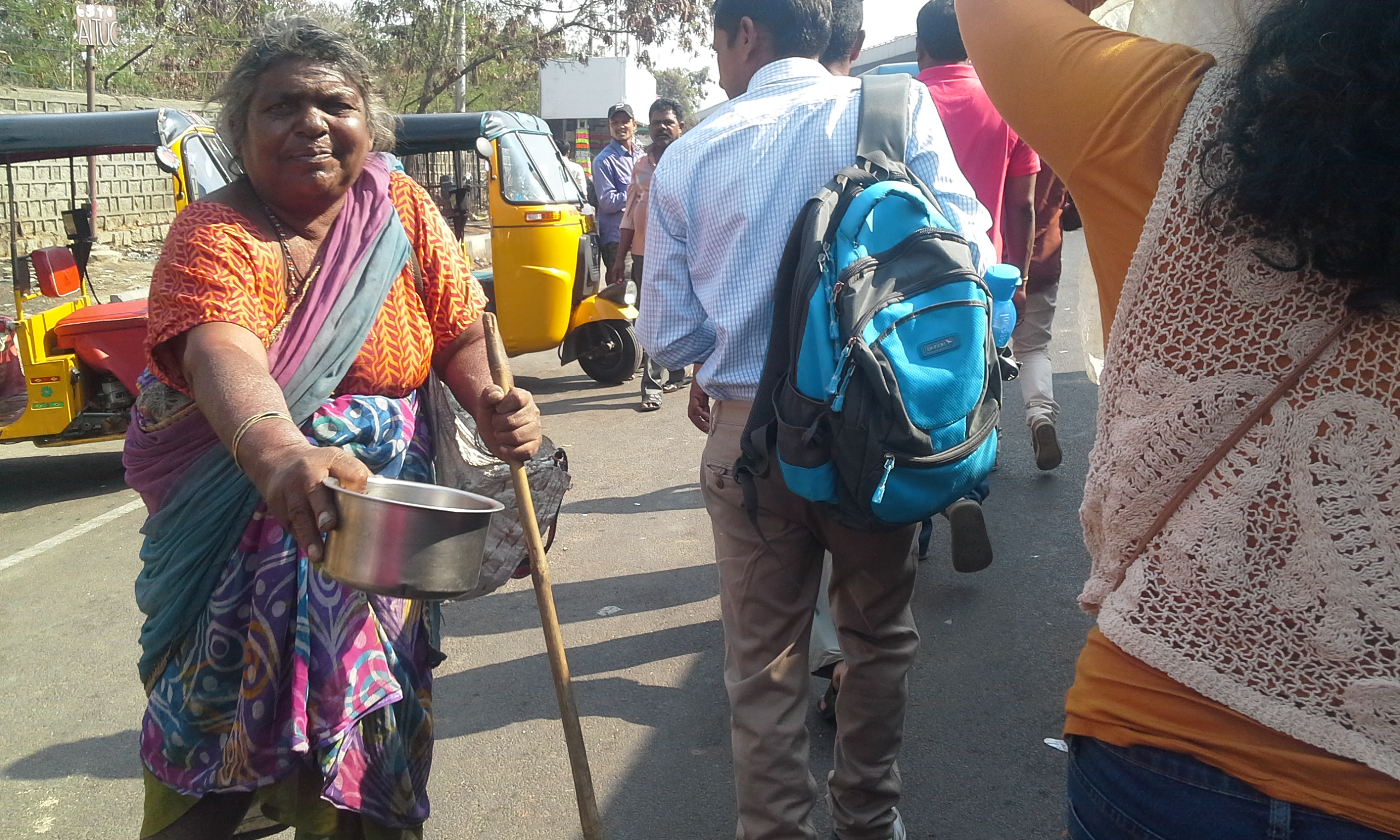
Poverty, the court argues is a result of many structural reasons, including “no access to education, social protection, discrimination based on caste and ethnicity, landlessness, physical and mental challenges, and isolation.” In fact, the court laid responsibility at the government’s door.
“The State simply cannot fail to do its duty to provide a decent life to its citizens and add insult to injury by arresting, detaining and, if necessary, imposing such persons, who beg, in search for essentials for bare survival, which is even below sustenance. A person who is compelled to beg cannot be faulted for such actions in these circumstances. Any legislation, penalising the people, therefore, is in the teeth of Article 21 of the Constitution,” said the two-judge bench consisting of Acting Chief Justice Gita Mittal and Justice C Hari Shankar.
Moreover, the provisions criminalising begging ignores the fact those who commit such acts are often the poorest and most marginalised. The court also agreed with the petitioners that the law is vague about who constitutes a beggar, and fails to distinguish between those who do it voluntarily or involuntarily targeting homelessness and begging inter-changeably.
The court also opined that lodging and detaining beggars does little to rehabilitate them and that begging is a sign of the state’s inability to provide basic facilities for all citizens.
“People beg on the streets not because they wish to, but because they need to. Begging is their last resort to subsistence, they have no other means to survive. Begging is a symptom of a disease of the fact that the person has fallen through the socially created net.
The government has the mandate to provide social security for everyone, to ensure that all citizens have basic facilities, and the presence of beggars is evidence that the state has not managed to provide these,” the court said.
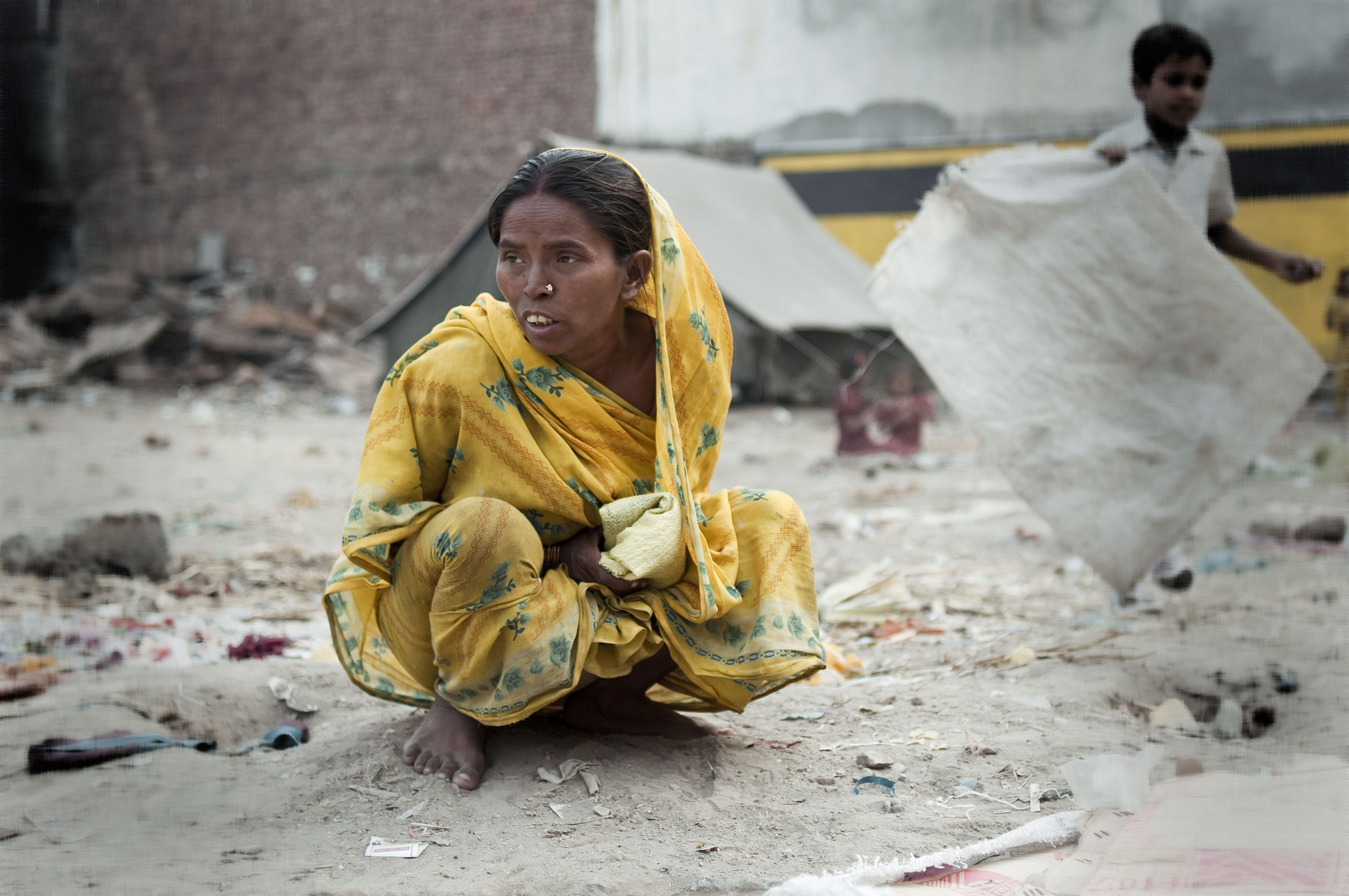
Celebrating the judgement, Delhi-based lawyer Gautam Bhatia, who was recently featured in the Forbes 30 under 30 list, and argued in favour of the Right to Privacy before the Supreme Court, called it a “historical and landmark” move in a Facebook post yesterday.
“This was/is a vicious law that criminalised status, nullified any form of due process, and was based entirely on the colonial logic of treating people as populations to be managed rather than right-bearing citizens—a logic that tragically, continues to be the basis of many post-colonial laws and judicial decisions. He later goes onto state that “this is every bit as historical and landmark as Naz” (2009 Delhi HC judgement, decriminalising homosexuality).
Also Read: Middle-Class & Gay: How an IIT Engineer’s Parents Gave Him All the Hope in The World
Shefali Malhotra is a researcher with the National Institute of Public Finance and Policy Research but had earlier worked with the Lawyers Collective, a Delhi-based non-profit dealing with women’s rights issues. During her time there, she had worked on multiple cases of begging.
Speaking to The Better India, she said that the High Court’s judgement is a positive development and long overdue. Moving forward, however, she has a few suggestions.
“The government needs to do two things. First, it must establish a framework to identify who is forced to beg and who is not. This is very important. It must define “consent” and the procedure to determine the same. Without this the judgement is meaningless as innocent poor people will be forced into detention at rehabilitation and rescue homes,” she says.
In other words, “if the state does wish to criminalise specific types of forced beggary, it has to first think out a clear factual basis and impact thereof to pass a well-thought out legislation”.
“Secondly, the government must regulate rehabilitation centres. I visited the Lampur beggars’ home in Delhi. There, the beggars were just cleaning and cooking for the babus. Evidently, there was no rehabilitation happening. Many didn’t know why they were there, how do they get out of there and when will they get out. Since public money goes into these homes, the government should regularly audit the impact of these homes and ensure slavery-like conditions don’t exist,” she adds.
There are approximately 50,000-60,000 beggars on the streets of Delhi, and about a lakh in the NCR region, although no official survey on the same has been conducted. Many of them are from scheduled caste communities or nomadic tribes, who leave their villages in search of a livelihood, but start begging once they are unable to find a job.
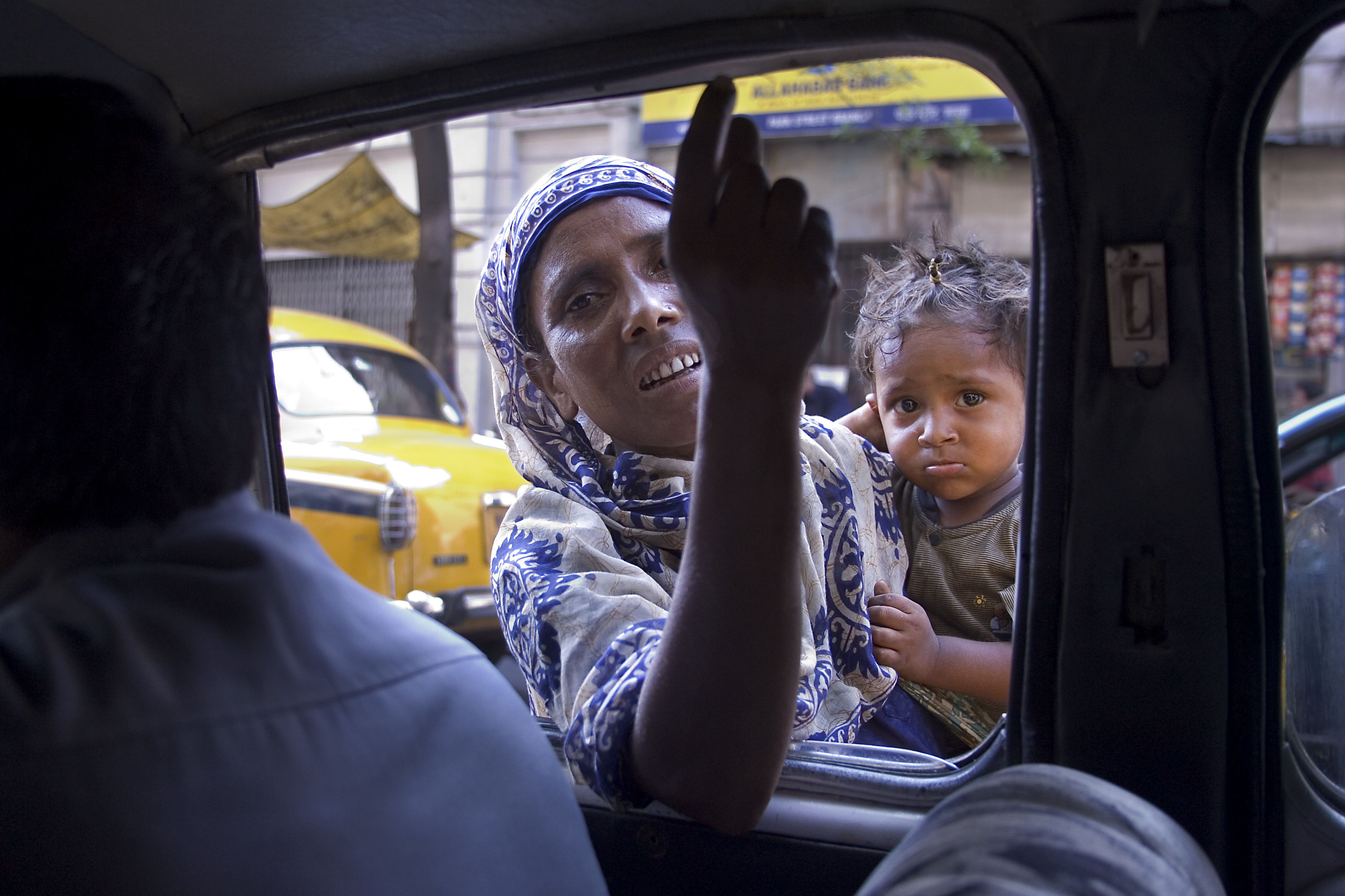
Speaking to The Better India, a volunteer with the Childhood Enhancement Through Training and Action (CHETNA), a non-profit, has welcomed the decision but argues “the state must find ways to bring them into the mainstream.”
Delhi Police personnel, however, are a touch apprehensive about the High Court’s decision. “We may witness a spike in cases of petty crimes like chain snatching and pick-pocketing since many of these beggars are involved in the same,” said a station house officer operating in north Delhi, who did not wish to be named owing to the court’s decision.
Also Read: How a 7-Year-Old Girl’s Petition to Delhi HC Stopped the Demolition of a Children’s Park
This judgement holds a lot of promise, especially for transgender rights because many of them are only picked up from public places on begging charges and thrown into jail. Nonetheless, what authorities do after this judgement will determine whether it has any impact on the ground.
(Edited by Gayatri Mishra)
Like this story? Or have something to share? Write to us: [email protected], or connect with us on Facebook and Twitter.
If you found our stories insightful, informative, or even just enjoyable, we invite you to consider making a voluntary payment to support the work we do at The Better India. Your contribution helps us continue producing quality content that educates, inspires, and drives positive change.
Choose one of the payment options below for your contribution-
By paying for the stories you value, you directly contribute to sustaining our efforts focused on making a difference in the world. Together, let's ensure that impactful stories continue to be told and shared, enriching lives and communities alike.
Thank you for your support. Here are some frequently asked questions you might find helpful to know why you are contributing?


This story made me
-
97
-
121
-
89
-
167














